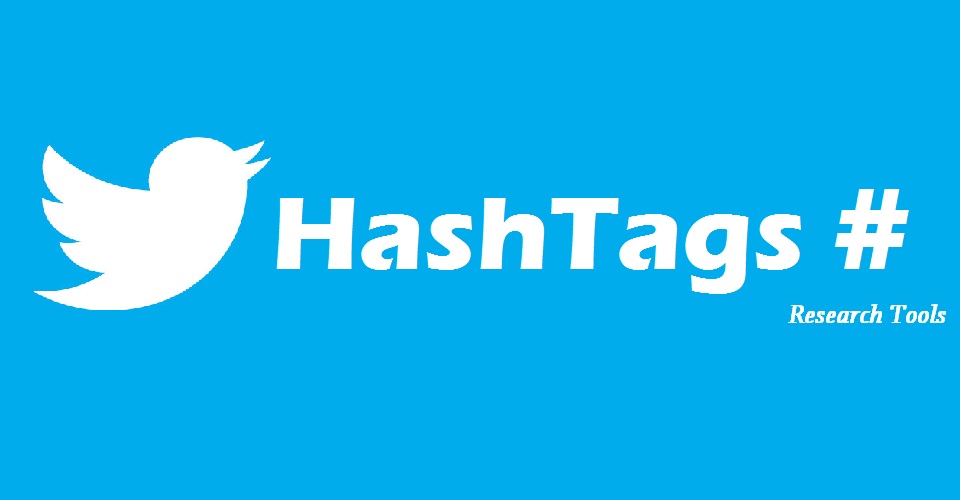
People who use Twitter first time are normally confused by a Pound sign (#) before a word or phrase. This pound sign (#) is named Hashtag and was first used on Twitter. People have often used the hashtag to categorize tweets from their other tweets. It’s also used as a search term to find similar tweets on the same topic. For example, if you may see tweets on SEO, you can find that few tweets use #SEO in them.
Definition: The # symbol, called a hashtag, is used to mark keywords or topics in a Tweet. It was created organically by Twitter users as a way to categorize messages. Twitter
In business, the utilization of the right hashtags is necessary to attract target customers because growth in Twitter marketing also depends on the hashtag. In this article, we research about different tools to find or create hashtags.
Things to know about hashtags while creating them:
- Don’t add spaces between keywords while creating a hashtag.
- Hashtags are case insensitive so you can use Uppercase like #seo and #SEO have a similar meaning.
- To make difference between two or more words you can make the first letter of the word Capital like #SeoTalk instead of space.
Tools to find relevant Hashtags for your business:
Before going on tools, there are a few things you should consider while finding the right hashtag. You can use your business-related keywords as a hashtag. Check your competitor’s tweets and hashtags who are in your niche industry.
Hashtag.org
Hashtag.org works as a dictionary of new and old hashtags. Here you can find a list of all possible hashtags people are using worldwide. It offers a platform where you are able to find the hashtag that is already in use or existed before creating the new one. You can track, measure, and analyze hashtag that is popular in a particular timeframe.
Hashtagify.Me
Hashtagify.me is very popular as a search engine for hashtags that allows people to search right hashtag among 57,834,657 already available Twitter hashtags in its database. When you find a hashtag it also shows related& relevant hashtags with similar meanings in a spider map-like structure.
Ritetag.com
Unlike other tools, it is best to check hashtags statistics like how many tweets & retweets are posted per hour using similar hashtags, how many people have seen that hashtag in an hour, and much more. While composing a tweet, it also indicates hashtags by highlighting with green (great), blue (good), and red (overused) that show the chances of the tweet’s popularity.
TweetReach
TweetReach is the best platform to track all activities related to your Twitter campaigns. It uses Twitter search API to analyze the past 1500 tweets. When you search your hashtag on TweetReach it displays a full report containing estimated reach, most retweets, real-time activities, and many more fixtures. It also shows who is mentioning you and your brand in tweets. (Note: TweetReach is now redirecting to some other site.)
Tagboard.com
If you want to track the effectiveness of your hashtag on more social channels including Twitter, tagboard is the right choice for you. You can analyze hashtags on six key social platforms Twitter, Facebook, Google+, Instagram, Vine & Flickr. The best part is if your hashtag is available, you can create your own tagboard here. It also provides an email support facility to Pro members.
Conclusion
While researching and creating hashtags, always stick with relevant business, brand & products related keywords. Above mentioned tools only help to find, create, and track hashtags. So, after researching hashtags, you should test the performance of your hashtags by tweeting and messaging, and then choose which is working best for you.
